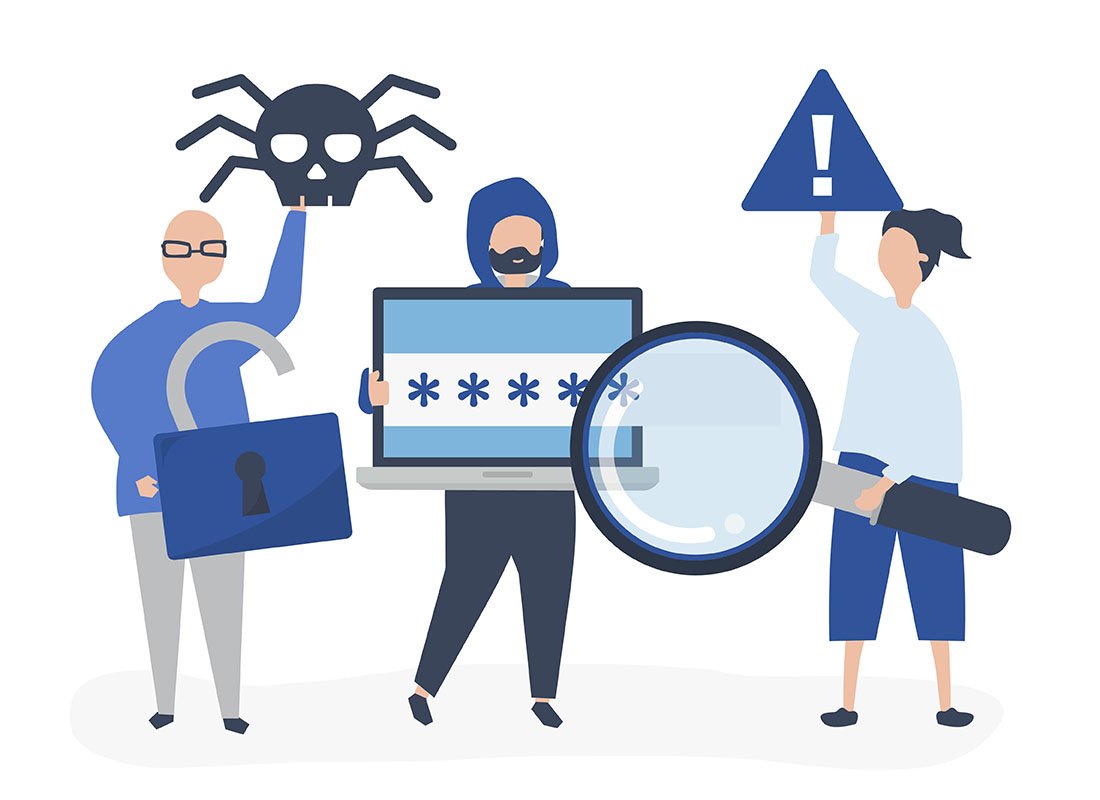The fintech industry has experienced explosive growth over the last few years, especially due to the COVID-19 pandemic. In Europe, there has been an incredible 72% boost in the use of fintech apps. However, this growth has presented some challenges for fintech firms, most notably cybercrime. Companies like Finastra and Pepperstone were some notable targets in 2020, and they certainly won’t be the last. So with more attacks likely to arise in the future, what measure can fintechs put in place to tackle this major issue?
Cooperation Among Fintechs
The best defence against cybercrime is for fintech companies to cooperate. Sharing information and intelligence across organisations reduces the likelihood of an attack happening. Here are a couple of ways fintechs can improve cooperation:
- Smaller firms partner with larger firms to leverage their expertise in developing cybersecurity techniques and frameworks.
- Through working more closely with governments, fintechs can develop and utilise better risk management models and resiliency plans.
In recent times, events like the FT Cyber Security Summit are helping bring together experts and thought leaders in fintech and across a range of industries to share the best ideas and practices on how to deal with the issue. Initiatives like this will be vital in bringing employees, the government and businesses together.
Upgrading Their Tech
Technological innovations will be another key component in enabling fintech companies to make breakthroughs within cybersecurity. One of the main areas fintech companies are currently looking to is artificial intelligence (AI) technology. Whether they are implementing this technology themselves or partnering with companies like CrowdStrike and Kount, AI technology is a must-have for fintechs looking to improve their defence systems and eliminate harmful activity.
Consumers are growing increasingly concerned about their privacy, information and data being leaked. Therefore, fintechs must demonstrate to their users that they are investing in the latest technological innovations to keep their information safe. If they fail to do so, they risk losing new and existing business.
Training Staff
Employees are the first line of defence against cybercrime. Therefore, it is of the utmost importance that fintech companies train their employees on how to spot potential threats and attacks like phishing emails. According to Kroll, around 90 per cent of all data breaches are the result of human error. This is largely the result of employees lacking knowledge around cybersecurity and data privacy. Through training and educating employees on these issues, they can catch the threat in time before any damage occurs.
It’s crucial fintechs view this training as an investment, rather than a cost. Data breaches can be costly and harmful for fintech companies, with costs potentially rising into the millions. This damage could be avoided by merely training staff on how to spot potential threats.
Final Thoughts
With the large amounts of money that fintech companies trade and control, it’s no surprise why they are coming under attack from cybercriminals. To combat the threat, fintech firms must allocate the necessary budgets and resources to make their products and services more secure.


